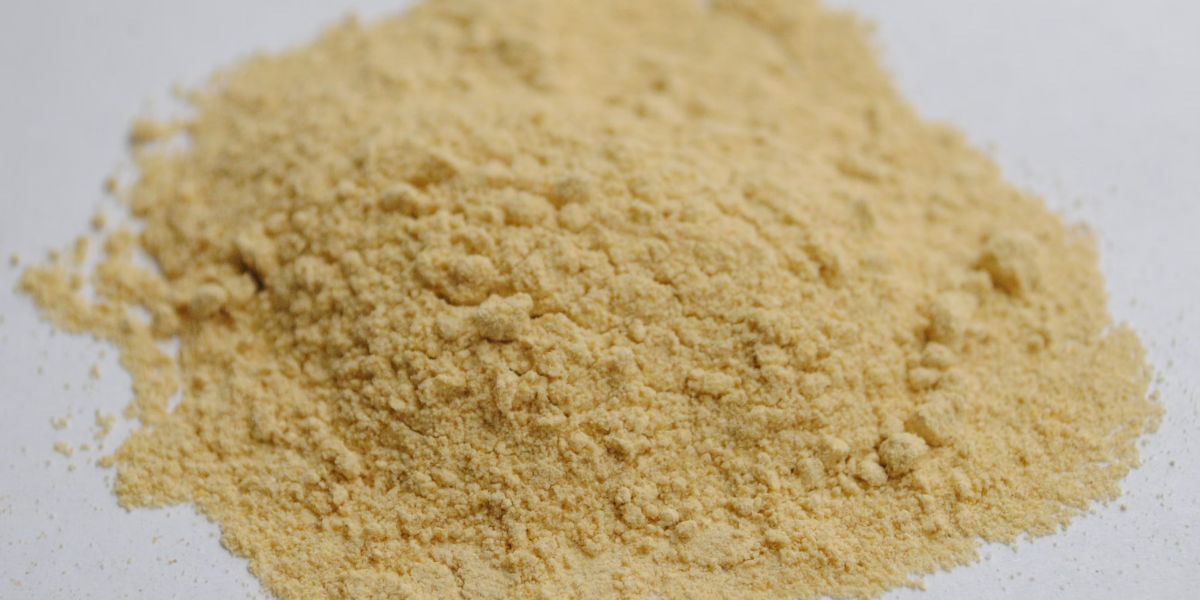If you've been within earshot of bodybuilders at the gym talking about their favorite supplements, you've probably heard about protein powders, creatine and BCAAs, amongst others. But there’s another under-touted supplement that sneaks by without much parading despite its efficacy – it’s called Beta-Alanine. Beta-Alanine is a non-essential amino acid with a science-backed reputation for enhancing muscle growth, improving physical performance, and giving athletes that extra push when they need it most.
How Much More Muscle Can You Build with Beta-Alanine?
Research into Beta-Alanine is still considered relatively young, especially when compared to more well-known supplements like creatine. However, initial studies point towards its potent role in muscle building. According to a systematic review published in the journal 'Amino Acids', athletes supplemented with Beta-Alanine showed an improved physical performance of almost 3%.
Quantifying in mass, how much extra muscle a person can build with Beta-Alanine, continues to be an ongoing debate within the fitness community. The answer may vary widely depending on individual factors such as their current training regimen, diet and genetics. However, it is clear that Beta-Alanine can provide a notable edge when it comes to muscle growth and physical performance.
Beta-Alanine vs Creatine
For those contemplating whether to stack their shaker with Beta-Alanine or Creatine, understanding the differences between these two can help. Both have their rightful place in the world of fitness supplements, but their operation modes vary.
Beta-Alanine primarily works by increasing carnosine levels in muscles. Carnosine serves as a buffer against the build-up of lactic acid, thereby delaying muscle fatigue and enabling you to push through your workouts for longer. These properties make Beta-Alanine particularly effective during high-intensity, short-duration exercises ranging from one to several minutes in length.
Creatine, on the other hand, provides your muscles with energy in the form of ATP (adenosine triphosphate) during high-intensity, short-duration workouts. It also aids in water retention in your muscle cells, thereby giving you a fuller look and providing minor muscle repair assistance.
Side Effects of Beta-Alanine
Like any supplement, Beta-Alanine is not without its potential drawbacks. The most commonly reported side effect of Beta-Alanine supplementation can be a tingling sensation known as paresthesia. This sensation is temporary and harmless, and it usually subsides after an hour or two.
Some studies have also suggested that excessive doses of Beta-Alanine could impact taurine levels in the body, leading to possible issues such as muscle cramping or decreased muscle function. Consequently, athletes and fitness enthusiasts should closely monitor their Beta-Alanine intake and discuss it with a health professional when in doubt.
Beta-alanine is a non-essential amino acid that is produced naturally in the body. It plays a critical role in muscle endurance because it works to buffer the acid that builds up during high-intensity exercise. This buffering action helps postpone muscle fatigue, enabling you to push your workout for a longer period. It has become popular among athletes and gym enthusiasts as a go-to supplement for better workout performances. However, beta-alanine is not just beneficial for physical training, it also possesses potential health advantages.
Effects of Beta-Alanine on Health and Athletic Performance
Research suggests that beta-alanine may help improve physical performance, especially during high-intensity activities like sprinting, cycling, or weight lifting. It works by increasing carnosine concentration in muscles, a substance that helps reduce fatigue during exercise.
Some studies have also shown that beta-alanine may improve cognitive function, particularly in stressful situations. Moreover, beta-alanine might have antioxidant, immuno-stimulant, and anti-aging properties. However, there needs to be more research to fully understand these potential benefits.
Dosage and Side Effects
Beta-alanine is generally taken in doses of 2–5 grams per day. Although there's no perfect timing to take it, some research suggests that it may be more effective taken before a workout. However, taking it with meals may also be beneficial. Consuming beta-alanine with a source of glucose has been shown to increase muscle carnosine levels more than consuming beta-alanine alone.
As far as side effects, the most commonly reported one is a sensation of tingling or "pins and needles" called paraesthesia. This harmless side effect only lasts about 60 to 90 minutes and is thought to be caused by beta-alanine binding to nerve receptors. The intensity of the tingling increases with a larger single dose and diminishes with regular use as the body gets accustomed to the supplement.
Conclusion
In conclusion, beta-alanine has been scientifically proven to help increase athletic performance and endurance, making it a beneficial supplement in the realm of sports nutrition. Those benefits, combined with its potential health advantages, make it a compound worth considering if you are looking to boost your physical performance and overall wellbeing.
As with any dietary supplement, it is important to talk with a healthcare provider before starting any new supplement regimen, as every person's health needs and responses may vary. Always remember that supplements are intended to supplement, not replace, a healthy lifestyle and diet.




